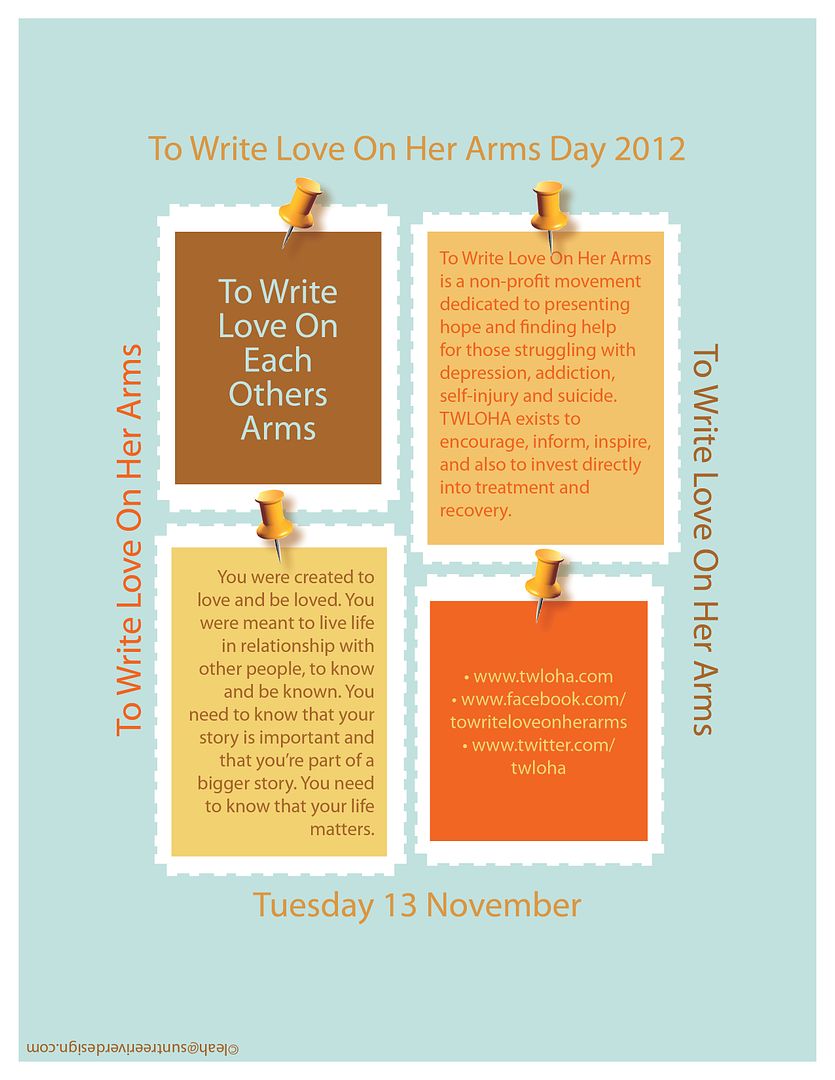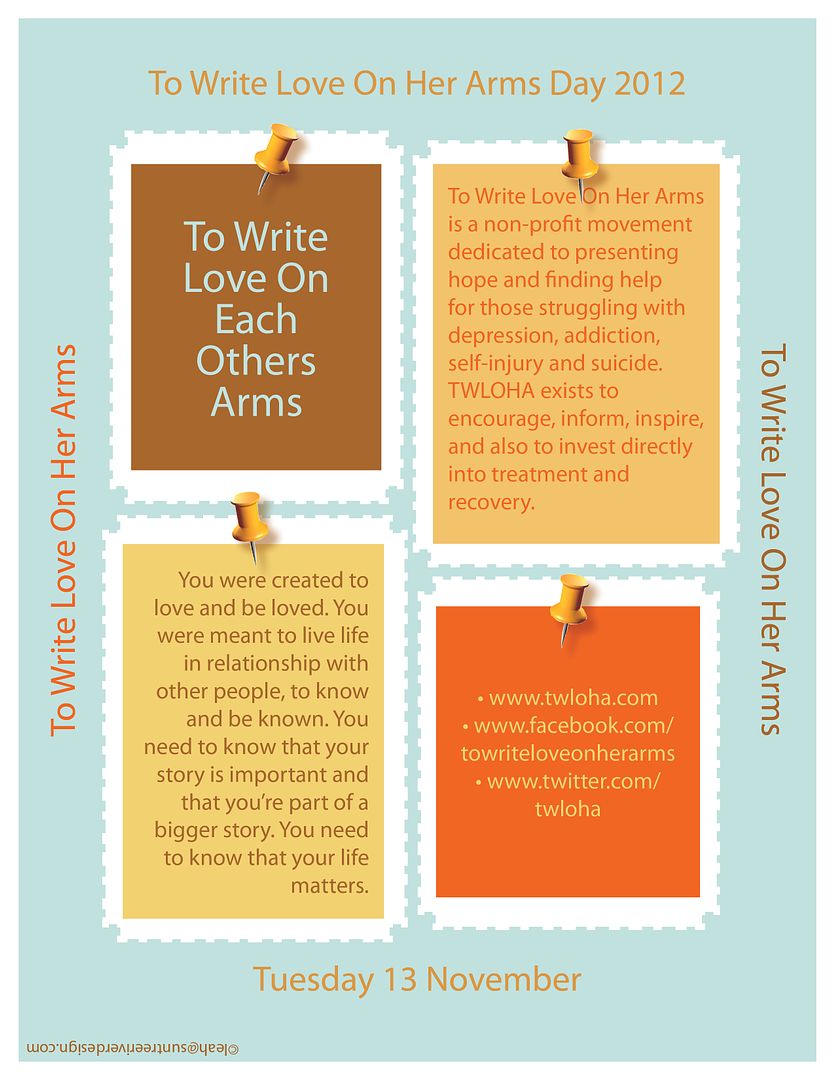•
Desert Solitaire:
A Season in the Wilderness by Edward Abbey
Published in 1968,
Desert Solitaire narrates in journal-style Edward Abbey's trio of summers in the desert surrounding Moab in southeastern Utah. Although he was there during the mid-twentieth-century, before the Department of the Interior had commercialized and touristized Arches National Park's 33,000 acres quite to its current condition, Abbey is close to prophetically critical about rape of the land by government and industry in order to accommodate outsiders and garner profits, actions that began to ruin it as habitat for native species. In other ways, the author chronicles with no apparent sense of shame his own complicity in ruining the land by littering, in violating animal creatures who depend upon it for sanctuary.
I truly enjoyed how his clear, elaborate descriptions of the desert scape and its flora transported me back to countless times I've visited and loved Utah's (Arizona's and New Mexico's) desert spaces, though half as many words would have conveyed the flavor just as well without getting as plain boring as it sometimes did.
Apparently
Desert Solitaire became somewhat of an undergrad / hippie cult essential (note the publication date). Although I'm happy to place it on my list of famous books I've read, and I found its reputation way overhyped, indeed it is "good in parts." The desert has been one of my own best healing places; it must be because "Love flowers best in openness and freedom."
• my amazon review:
good in parts

